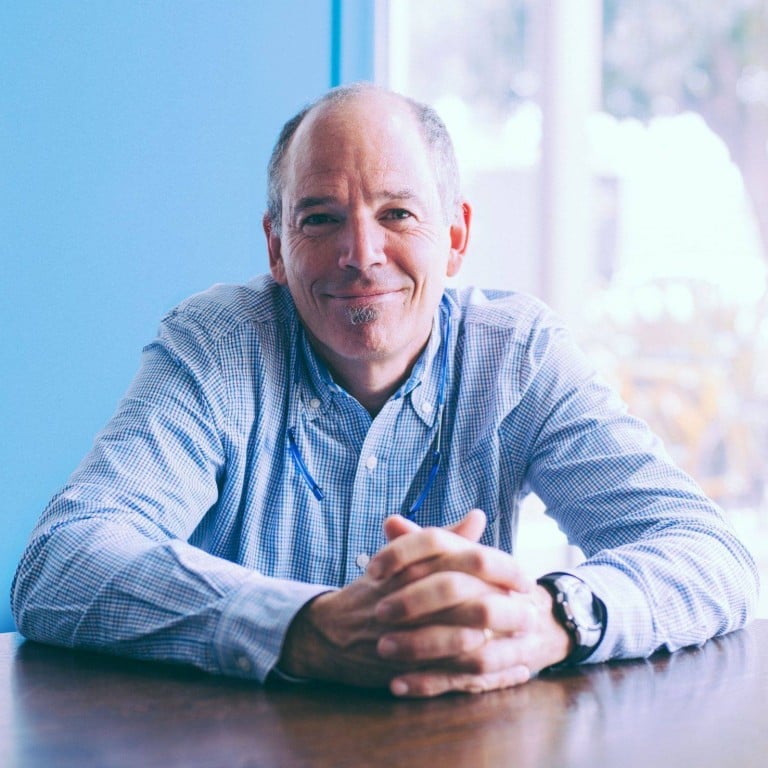/ Who is Netflix co-founder and first CEO, Marc Randolph? The business guru talks start-up culture, entrepreneurship – and why it’s not all about the money

- Randolph believes the money in start-ups is over-glorified and lives a modest life: ‘I don’t collect cars, I don’t have a yacht, I don’t have a plane’
- The host of the That Will Never Work podcast and a keen outdoorsman, he chairs the board at the US’ National Outdoor Leadership School and credits some of his business skills to backpacking
You left Netflix in 2002. Why?
The skills involved in start-ups are very different to those you need when you have a repeatable, scalable business model. I’m not going to diminish what it takes to do that because I know how hard it is – and that I’m not good at it. I’m good at the process of discovery, knowing intuitively what to try and knowing to try something else when that doesn’t work. I can build a team and provide clarity on what we’re trying to do even if internally I may not have a lot of clarity myself. People good at building a company in its later stages tend not to have those skill sets.

The big money today seems to be in investing in other people’s start-ups. Is that right?
There’s a debate these days among “seed” and “angel” investors about whether it’s better to do herd investing, where basically you find the few companies that are self-evidently going to do well and then fight to get an allocation, or do you say “I’m going to be the guy who takes longer shots on companies that are not yet visible”? I don’t know which is better for making money but I vastly prefer working with those companies that are “crazy” ideas.
Is the public’s focus on billion-dollar deals placing too much pressure on start-ups?
Yes, there’s this whole over-glorification of the money side of business, which is a disservice because the vast majority of these companies are not tech ventures – they’re not VC funded – they’re people using their savings, because their objective isn’t to build these huge companies to make themselves and their investors rich. They want to have a job they enjoy, they want to provide an income for a handful of employees and they’re perfectly happy with that.